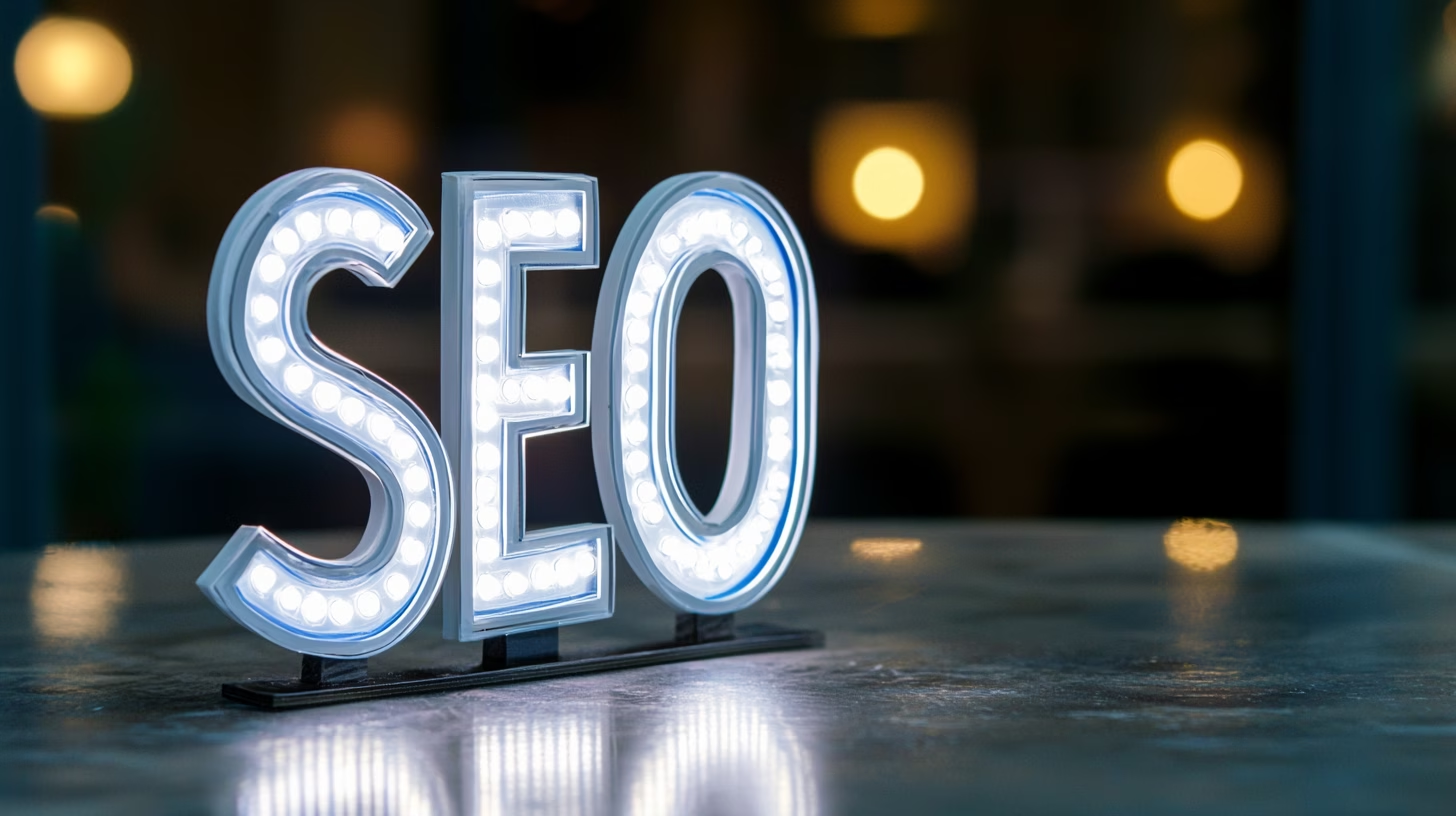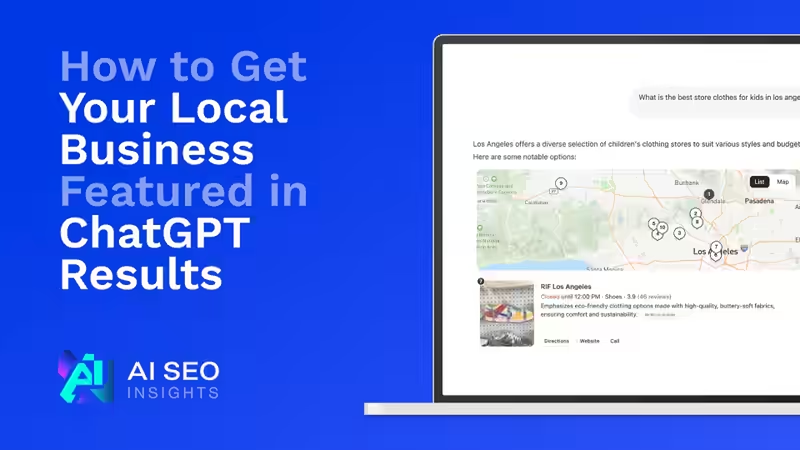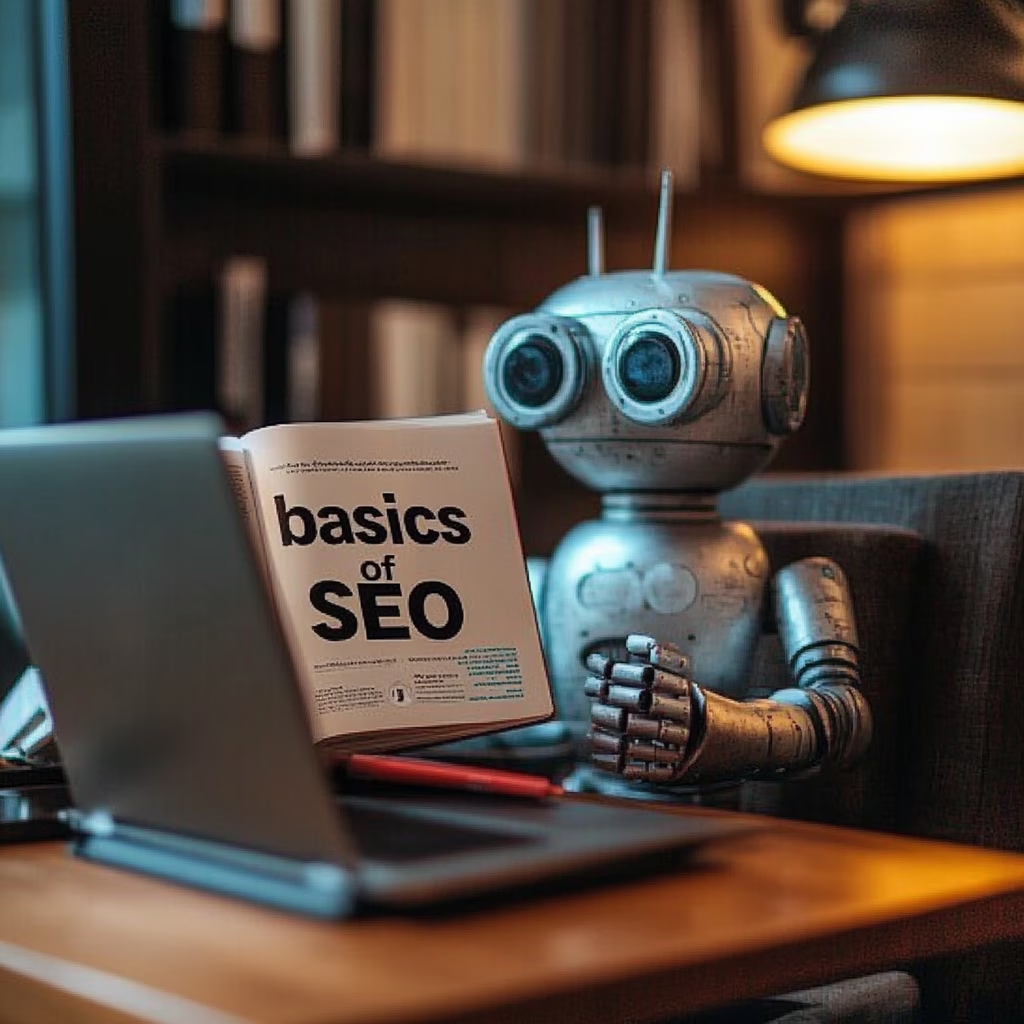Artificial Intelligence in Search Engine Optimization: Complete Guide 2025

Artificial Intelligence Search Engine Optimization: What You Need to Know
Artificial Intelligence (AI) is no longer a futuristic concept; it’s actively reshaping the landscape of Search Engine Optimization (SEO). As search engines like Google become increasingly reliant on AI to deliver relevant and personalized search results, understanding and adapting to these changes is crucial for SEO professionals and tech-savvy marketers.
How AI is Changing SEO
AI’s influence on SEO is multifaceted, impacting everything from keyword research to content optimization and link building. Here are some key areas where AI is making a significant difference:
- RankBrain: Google’s RankBrain algorithm uses machine learning to understand the context behind search queries and provide more relevant results. This means SEOs need to focus on creating content that satisfies user intent, not just matching keywords.
- Content Optimization: AI-powered tools can analyze content to identify areas for improvement, suggest relevant keywords, and even generate content outlines. This helps ensure your content is both engaging and optimized for search engines.
- Personalized Search: AI enables search engines to personalize search results based on user behavior, location, and other factors. This means SEOs need to consider the individual needs and preferences of their target audience.
- Algorithm Updates: AI is constantly learning and evolving, which means search engine algorithms are becoming more sophisticated. SEOs need to stay up-to-date on the latest algorithm updates and adapt their strategies accordingly.
AI-Powered SEO Tools
Several AI-powered tools are available to help SEOs improve their strategies and achieve better results. Some popular options include:
- MarketMuse: Uses AI to analyze content and identify opportunities for improvement.
- Frase: Helps you research, write, and optimize content for search engines.
- BrightEdge: Provides AI-powered insights into your website’s performance and helps you identify areas for improvement.
- SEMrush: Offers various AI-driven features for keyword research, competitive analysis, and content optimization.
Strategies for AI-Driven SEO
To succeed in the age of AI-driven SEO, consider the following strategies:
- Focus on User Intent: Create content that directly addresses the needs and questions of your target audience. Use keyword research to understand the language they use and the topics they’re interested in.
- Optimize for Mobile: With mobile devices accounting for a significant portion of search traffic, it’s crucial to ensure your website is mobile-friendly and provides a seamless user experience on all devices.
- Build High-Quality Links: Focus on earning links from authoritative websites in your industry. AI algorithms are becoming better at identifying and penalizing low-quality or spammy links.
- Leverage Structured Data: Use schema markup to provide search engines with more information about your content. This can help improve your website’s visibility in search results and attract more clicks.
- Monitor Your Performance: Track your website’s performance using analytics tools and identify areas for improvement. Pay attention to key metrics like organic traffic, keyword rankings, and conversion rates.
The Future of AI and SEO
As AI continues to evolve, its impact on SEO will only grow stronger. By embracing AI-powered tools and strategies, SEO professionals and tech-savvy marketers can stay ahead of the curve and achieve better results in the ever-changing world of search engine optimization. The key is to view AI not as a threat, but as a powerful tool that can help you create better content, reach a wider audience, and drive more traffic to your website.



